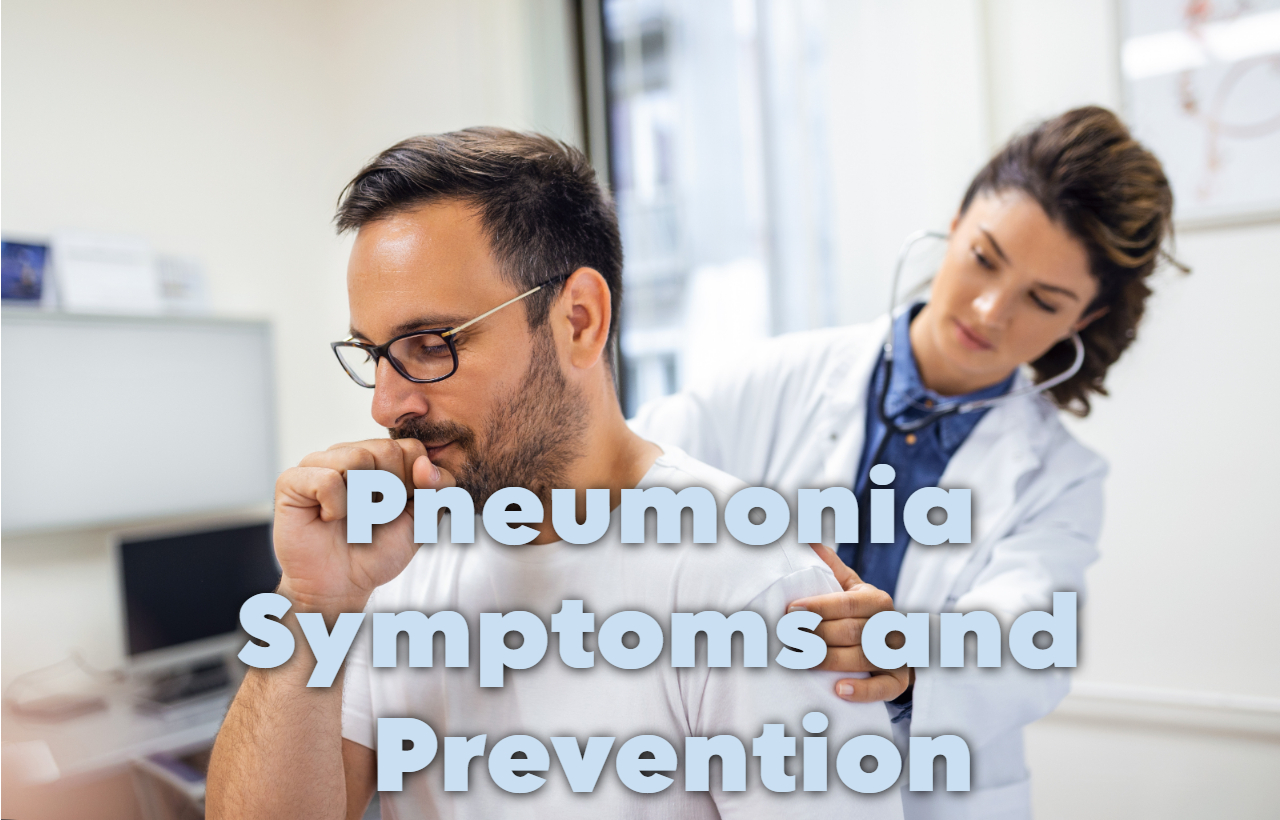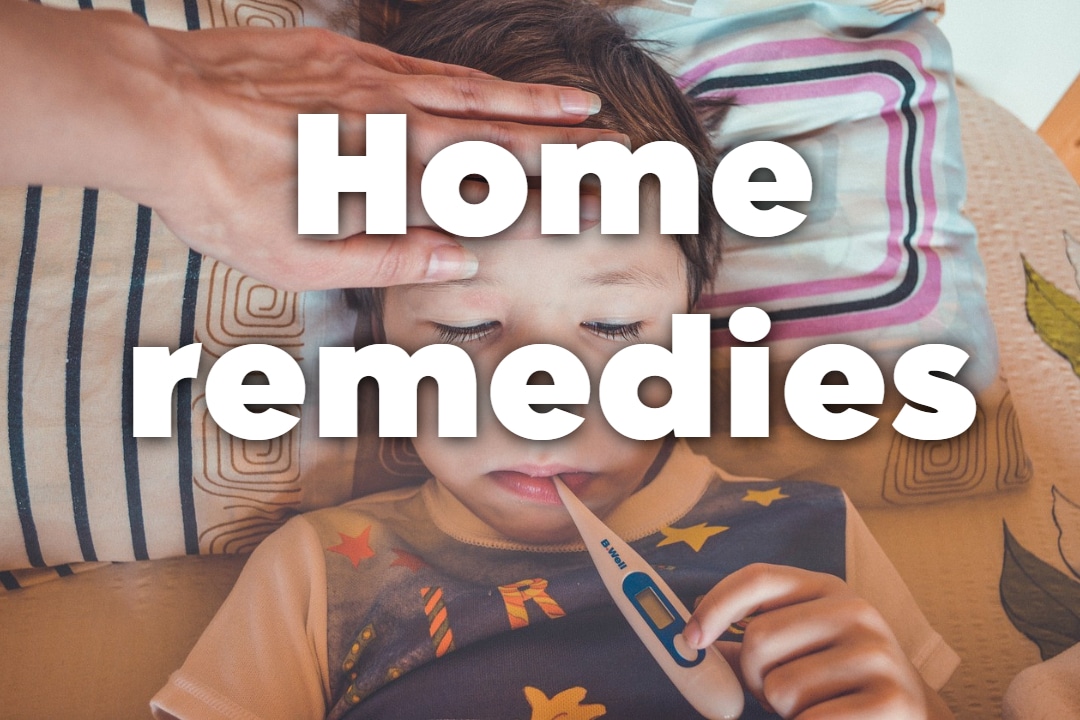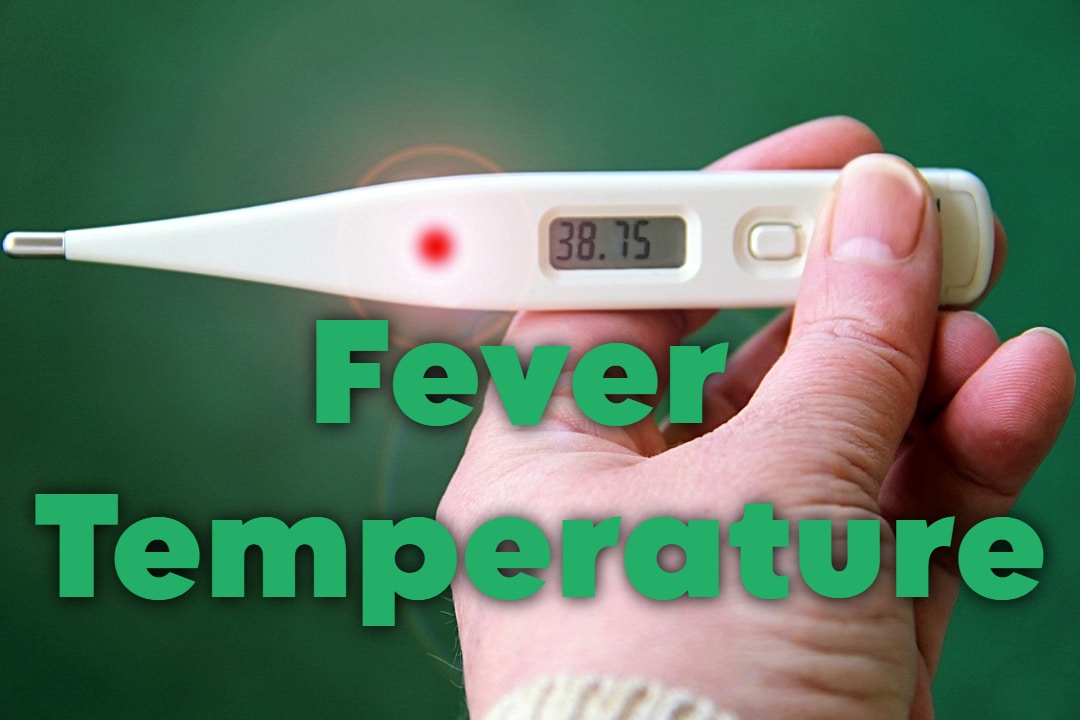Pneumonia is a serious respiratory infection that primarily affects the lungs. It is a leading cause of morbidity worldwide and can range from mild to life-threatening. Understanding what causes pneumonia, its symptoms, and treatment options is crucial for early intervention and recovery. In this comprehensive blog, we’ll explore various aspects of pneumonia, its causes, treatment, prevention, and frequently asked questions.
What Is Pneumonia?
Pneumonia is an infection that inflames the air sacs in one or both lungs. These air sacs, called alveoli, may fill with fluid or pus, causing symptoms like coughing, fever, and difficulty breathing. Pneumonia can be caused by bacteria, viruses, or fungi.
What Causes Pneumonia?
The main culprits of pneumonia are microorganisms. Let’s take a closer look at the different causes:
| Cause | Description |
|---|---|
| Bacteria | Streptococcus pneumoniae is the most common bacterial cause. Other bacteria like Haemophilus influenzae and Mycoplasma pneumoniae can also lead to pneumonia. |
| Viruses | Viral pneumonia is often caused by influenza viruses, RSV (Respiratory Syncytial Virus), or even SARS-CoV-2 (the virus causing COVID-19). |
| Fungi | Fungal pneumonia is common in individuals with weakened immune systems. Histoplasma, Coccidioides, and Cryptococcus are common fungi causing this type. |
| Aspiration | Inhaling food, liquids, or vomit can introduce bacteria to the lungs, causing aspiration pneumonia. |
| Hospital-acquired | Pneumonia contracted during a hospital stay, particularly in patients on ventilators, is often more severe and caused by antibiotic-resistant bacteria. |
| Community-acquired | This is the most common type of pneumonia, occurring outside hospital settings, and can be caused by a variety of pathogens. |

Pneumonia Symptoms
The symptoms of pneumonia can vary based on the cause, severity, and the patient’s overall health. Some common pneumonia symptoms include:
- Persistent cough with phlegm or pus
- Fever and chills
- Shortness of breath
- Chest pain during breathing or coughing
- Fatigue
- Loss of appetite
- Nausea or vomiting
- Confusion (particularly in older adults)
It’s important to seek medical attention if these symptoms persist or worsen, as pneumonia treatment can prevent complications.
Is Pneumonia Contagious?
A common question people ask is, “Is pneumonia contagious?” The answer depends on the type of pneumonia.
- Bacterial and viral pneumonia are contagious and can spread through respiratory droplets from coughing or sneezing.
- Fungal pneumonia is not typically contagious and occurs through environmental exposure.
- Aspiration pneumonia is not contagious as it results from foreign matter entering the lungs.
Types of Pneumonia
Pneumonia can be categorized into different types based on its origin and cause. Understanding the types of pneumonia helps in accurate diagnosis and treatment.
| Type | Description |
|---|---|
| Community-acquired | Occurs outside hospitals or healthcare facilities. |
| Hospital-acquired | Develops during a hospital stay and is often more severe due to resistant pathogens. |
| Aspiration pneumonia | Caused by inhaling food, drink, or stomach contents. |
| Walking pneumonia | A milder form caused by Mycoplasma pneumoniae, where symptoms are less severe. |
| Fungal pneumonia | Often affects immunocompromised individuals. |
| Ventilator-associated | Develops in patients using mechanical ventilators. |
Is Pneumonia Deadly?
While many cases of pneumonia are treatable, it can indeed be deadly if left untreated or in certain high-risk groups, such as:
- Older adults (65+ years)
- Infants and young children
- People with chronic diseases (e.g., diabetes, asthma)
- Immunocompromised individuals (e.g., cancer patients, HIV/AIDS)
Prompt pneumonia treatment can significantly reduce the risk of complications and mortality.
Pneumonia Treatment
Treatment for pneumonia depends on the type and severity of the condition. Here’s an overview:
- Bacterial Pneumonia: Treated with antibiotics. Early diagnosis ensures effective recovery.
- Viral Pneumonia: Antiviral medications may be prescribed, along with supportive care such as rest and hydration.
- Fungal Pneumonia: Requires antifungal medications.
- Supportive Care: Pain relievers, fever reducers, oxygen therapy (for severe cases), and hydration help manage symptoms.
It’s essential to complete the prescribed medication course to prevent recurrence and complications.
Is Pneumonia Curable?
Yes, pneumonia is curable in most cases with timely and appropriate treatment. However, the recovery process varies depending on factors such as age, overall health, and the cause of pneumonia.
Prevention of Pneumonia
Prevention is always better than cure. Here are some effective strategies for the prevention of pneumonia:
- Vaccination: Get vaccinated against influenza, pneumococcal pneumonia, and COVID-19.
- Maintain Hygiene: Regular handwashing and avoiding contact with sick individuals.
- Quit Smoking: Smoking damages the lungs and increases susceptibility to infections.
- Boost Immunity: A healthy diet, regular exercise, and adequate sleep strengthen your immune system.
- Treat Underlying Conditions: Manage chronic illnesses like asthma and diabetes to lower your risk.
Key Data on Pneumonia
Here’s a quick overview of pneumonia cases globally:
| Statistic | Data |
|---|---|
| Annual Global Cases | ~450 million |
| Annual Deaths | ~2.5 million (mostly in children under 5) |
| Vaccination Effectiveness | 50%-70% reduction in severe cases |
FAQs on Pneumonia
1. What are the early signs of pneumonia?
The early signs include persistent cough, fever, fatigue, and shortness of breath.
2. Is pneumonia contagious to family members?
Yes, bacterial and viral pneumonia can spread through close contact.
3. Is pneumonia deadly if untreated?
Yes, especially in high-risk groups like older adults, young children, and people with chronic illnesses.
4. How is pneumonia diagnosed?
Diagnosis involves physical exams, chest X-rays, and lab tests like blood cultures or sputum analysis.
5. Is pneumonia curable in children?
Yes, with timely treatment, children can recover from pneumonia.
6. How can one prevent pneumonia in seniors?
Vaccinations, maintaining hygiene, and managing chronic conditions are effective preventive measures.
7. What is the difference between bacterial and viral pneumonia?
Bacterial pneumonia is more severe and treated with antibiotics, whereas viral pneumonia may resolve with supportive care and antiviral medications.
8. How long does it take to recover from pneumonia?
Recovery can take 1-3 weeks for mild cases and longer for severe ones.
Conclusion
Understanding what causes pneumonia and its associated risks is crucial for effective prevention and treatment. By recognizing pneumonia symptoms, seeking timely medical intervention, and adopting preventive measures, individuals can protect themselves and their loved ones. Always consult a healthcare professional if you suspect pneumonia, as early diagnosis can save lives.


